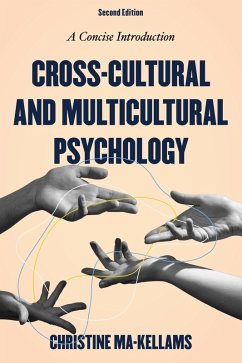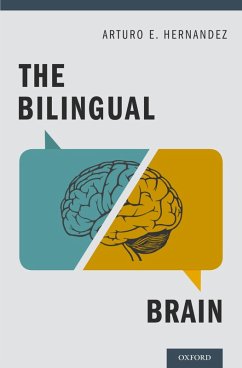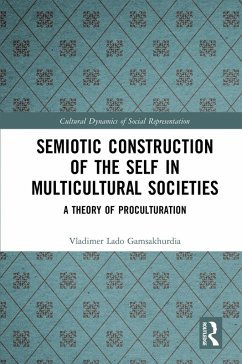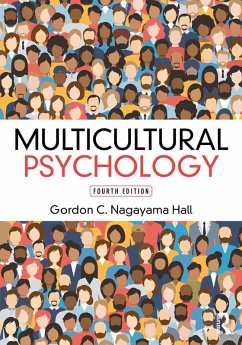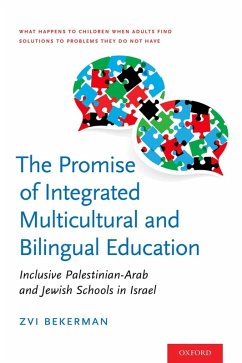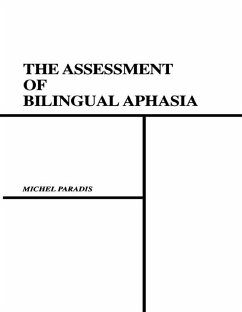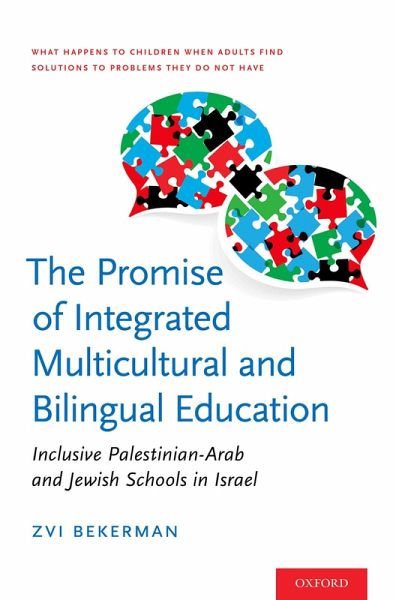
The Promise of Integrated Multicultural and Bilingual Education (eBook, PDF)
Inclusive Palestinian-Arab and Jewish Schools in Israel

PAYBACK Punkte
22 °P sammeln!
The Promise of Integrated and Multicultural Bilingual Education presents the results of a long-term ethnographic study of the integrated bilingual Palestinian-Jewish schools in Israel that offer a new educational option to two groups of Israelis--Palestinians and Jews--who have been in conflict for the last one hundred years. Their goal is to create egalitarian bilingual multicultural environments to facilitate the growth of youth who can acknowledge and respect "others" while maintaining loyalty to their respective cultural traditions. In this book, Bekerman reveals the complex school practic...
The Promise of Integrated and Multicultural Bilingual Education presents the results of a long-term ethnographic study of the integrated bilingual Palestinian-Jewish schools in Israel that offer a new educational option to two groups of Israelis--Palestinians and Jews--who have been in conflict for the last one hundred years. Their goal is to create egalitarian bilingual multicultural environments to facilitate the growth of youth who can acknowledge and respect "others" while maintaining loyalty to their respective cultural traditions. In this book, Bekerman reveals the complex school practices implemented while negotiating identity and culture in contexts of enduring conflict. Data gathered from interviews with teachers, students, parents, and state officials are presented and analyzed to explore the potential and limitations of peace education given the cultural resources, ethnic-religious affiliations, political beliefs, and historical narratives of the various interactants. The book concludes with critique of Western positivist paradigmatic perspectives that currently guide peace education, maintaining that one of the primary weaknesses of current bilingual and multicultural approaches to peace education is their failure to account for the primacy of the political framework of the nation state and the psychologized educational perspectives that guide their educational work. Change, it is argued, will only occur after these perspectives are abandoned, which entails critically reviewing present understandings of the individual, of identity and culture, and of the learning process.
Dieser Download kann aus rechtlichen Gründen nur mit Rechnungsadresse in A, B, BG, CY, CZ, D, DK, EW, E, FIN, F, GR, HR, H, IRL, I, LT, L, LR, M, NL, PL, P, R, S, SLO, SK ausgeliefert werden.





